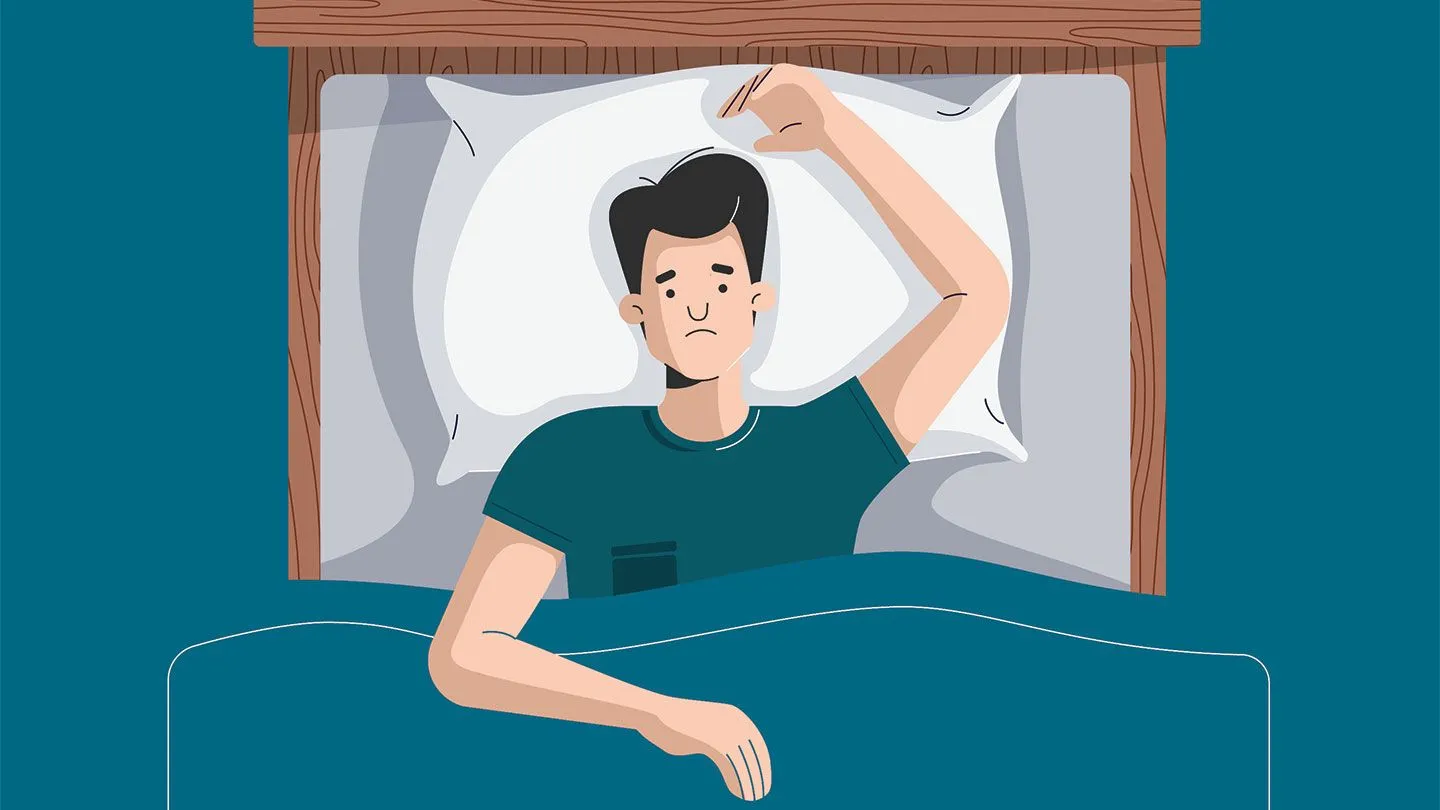WEB DESK, July 3(ABC): The World Health Organization (WHO) and others have issued stark warnings about the possible effects of continued climate change on human health. According to WHO projections published in 2021, the added costs of climate-related health damage could be $2 to $4 billion by 2030 and between 2030 and 2050, climate changes is estimated to be responsible for 250,000 deaths per year.
Now new research says another possible health cost of increasing global temperatures may be reduced sleep, according to data published on May 20 in the journal One Earth. The researchers estimated that by the year 2099, warmer temperatures could result in people sleeping 50 to 58 hours less per person per year on average (about 8 to 10 minutes per night).
“Less sleep overall places you at increased risk for mood disorders, energy reduction, decreased quality of life, car accidents and other health concerns (like diabetes, heart disease, and some cancers),” says Kendra Becker, MD, a sleep medicine specialist and internist at Kaiser Permanente in Fontana, California. Dr. Becker was not involved in the research.
Lack of sleep has been linked to worse cognitive performance, lower productivity, compromised heart health and immune function, and increased risk of depression and suicidal behavior, the researchers noted in the paper.
Sleeping 8 to 10 minutes less per night may not sound that drastic, but it adds up over time, Becker says. “It’s like debt on a credit card; it becomes harder and hard to pay it back over time.”
For the many adults who are already not sleeping enough, more sleep loss could have significant effects on daytimes sleepiness, fatigue, and mood.
The Centers for Disease Control and Prevention (CDC) recommends that adults get seven to nine hours of sleep every night. Estimates suggests that 1 in 3 adults currently don’t get enough sleep, according to CDC data published in 2016.
Other research has shown that high temperature can negatively affect sleep quality and previous studies have also found that hot weather conditions prevalent in summer can significantly impact sleep onset, sleep quality, and sleep satisfaction. But this research is unique in predicting how rising global temperatures might impact future sleep quantity and quality, according to the researchers.



























